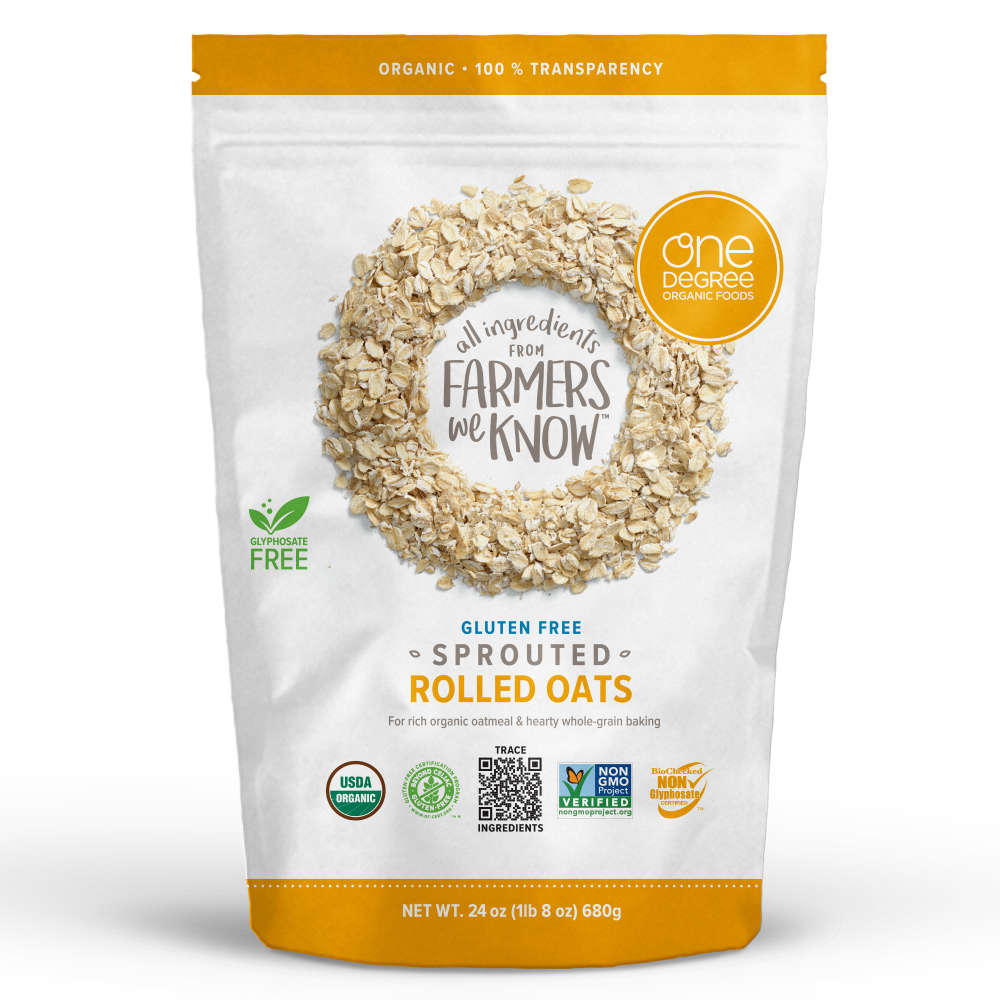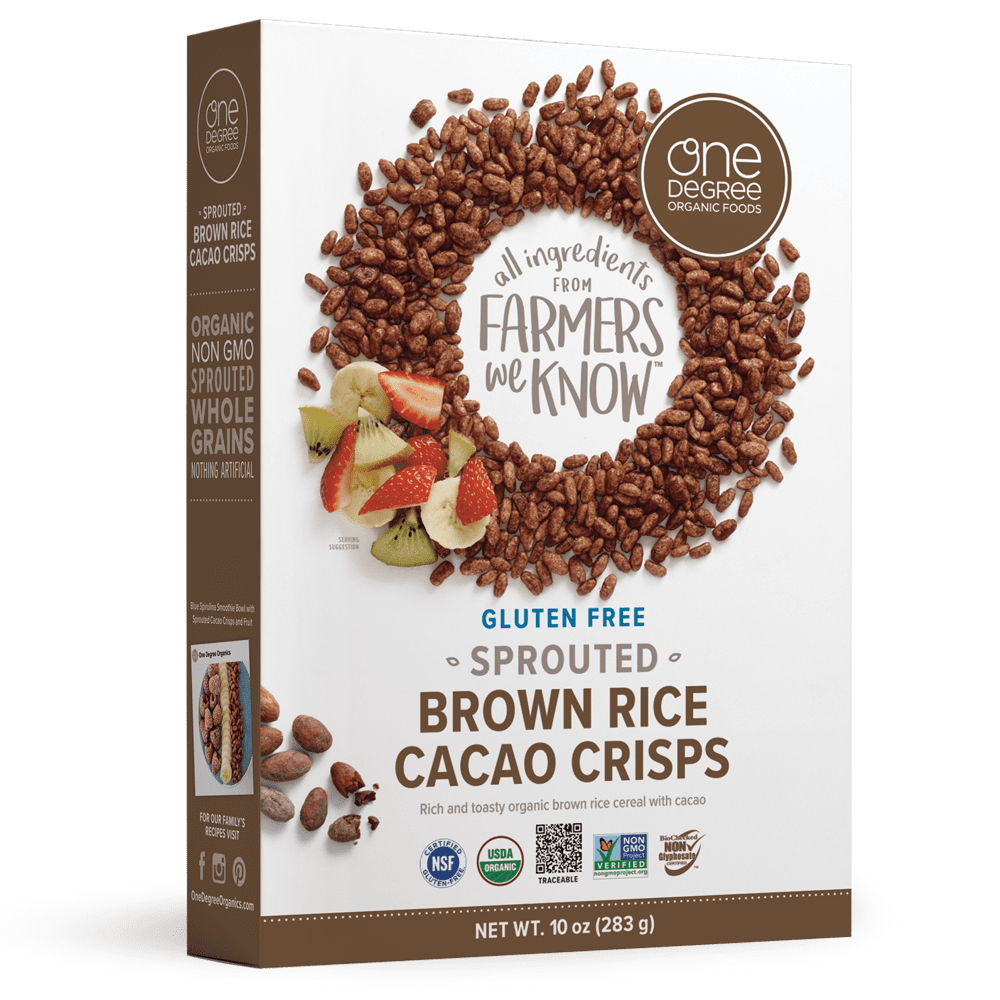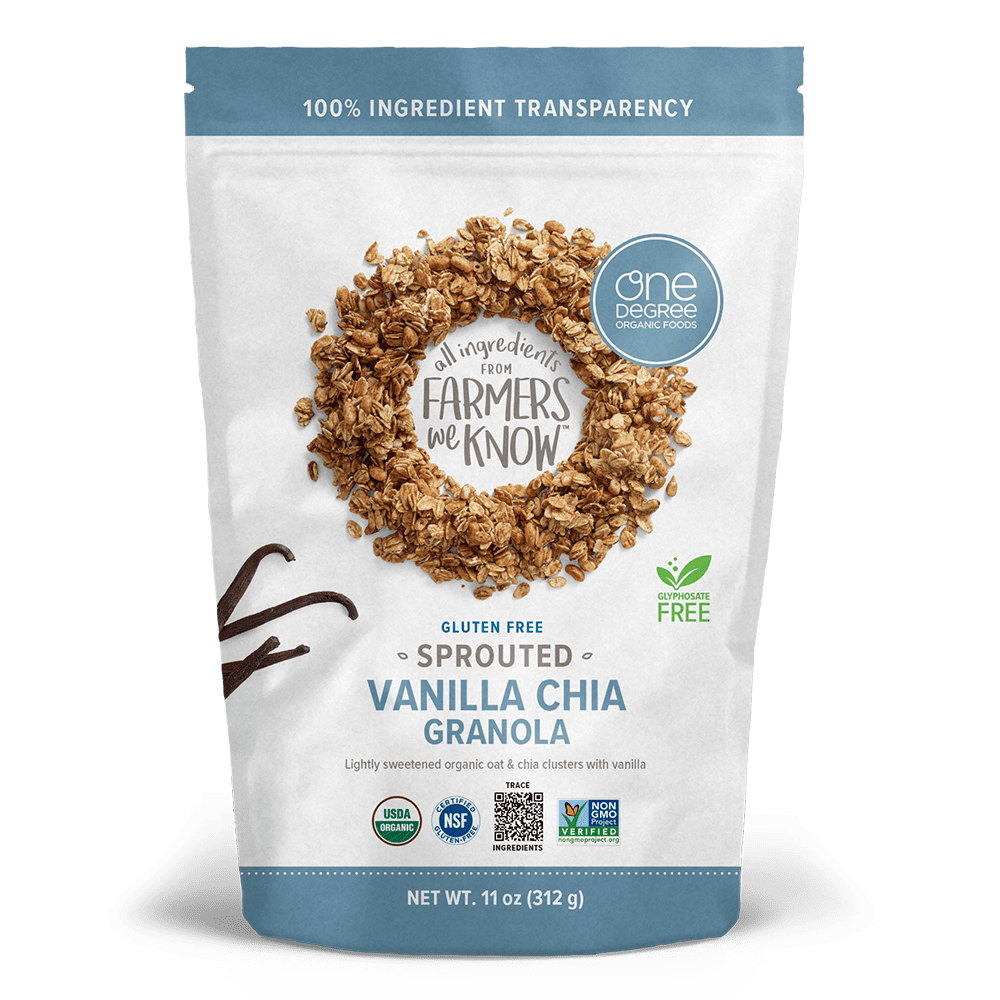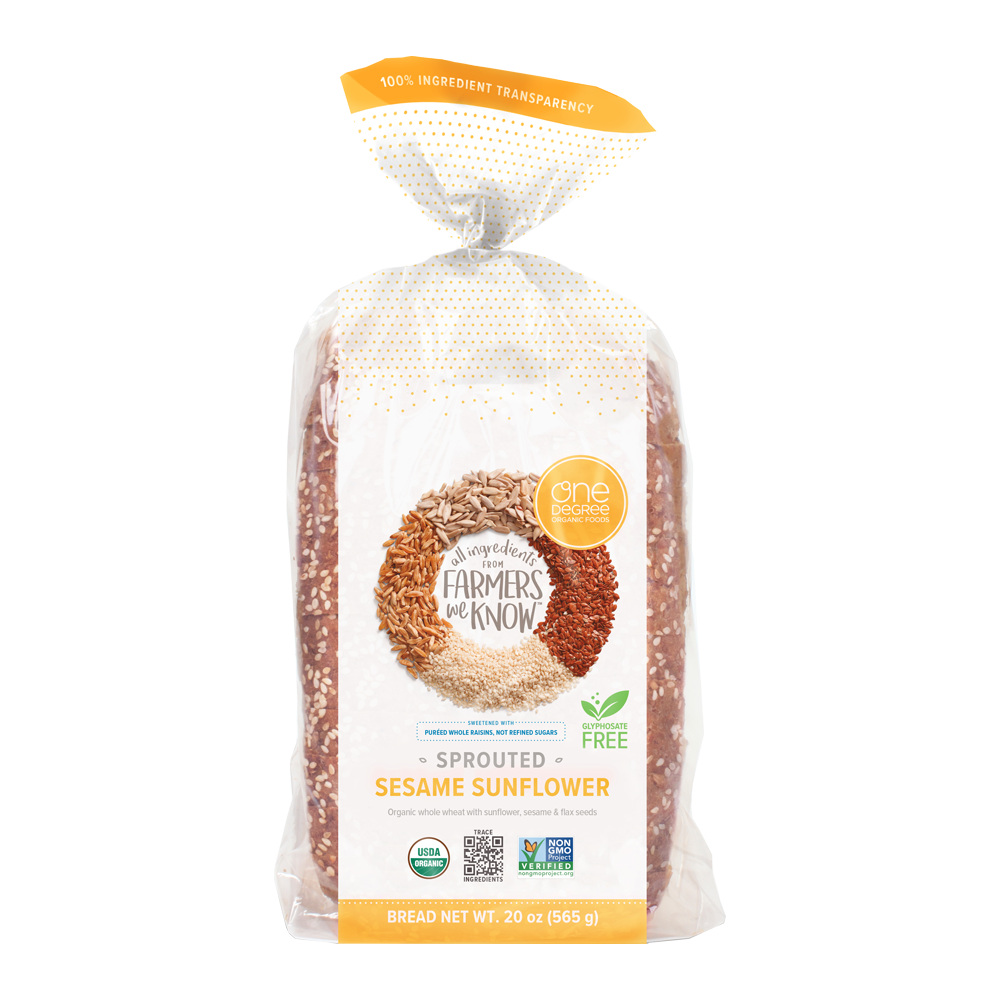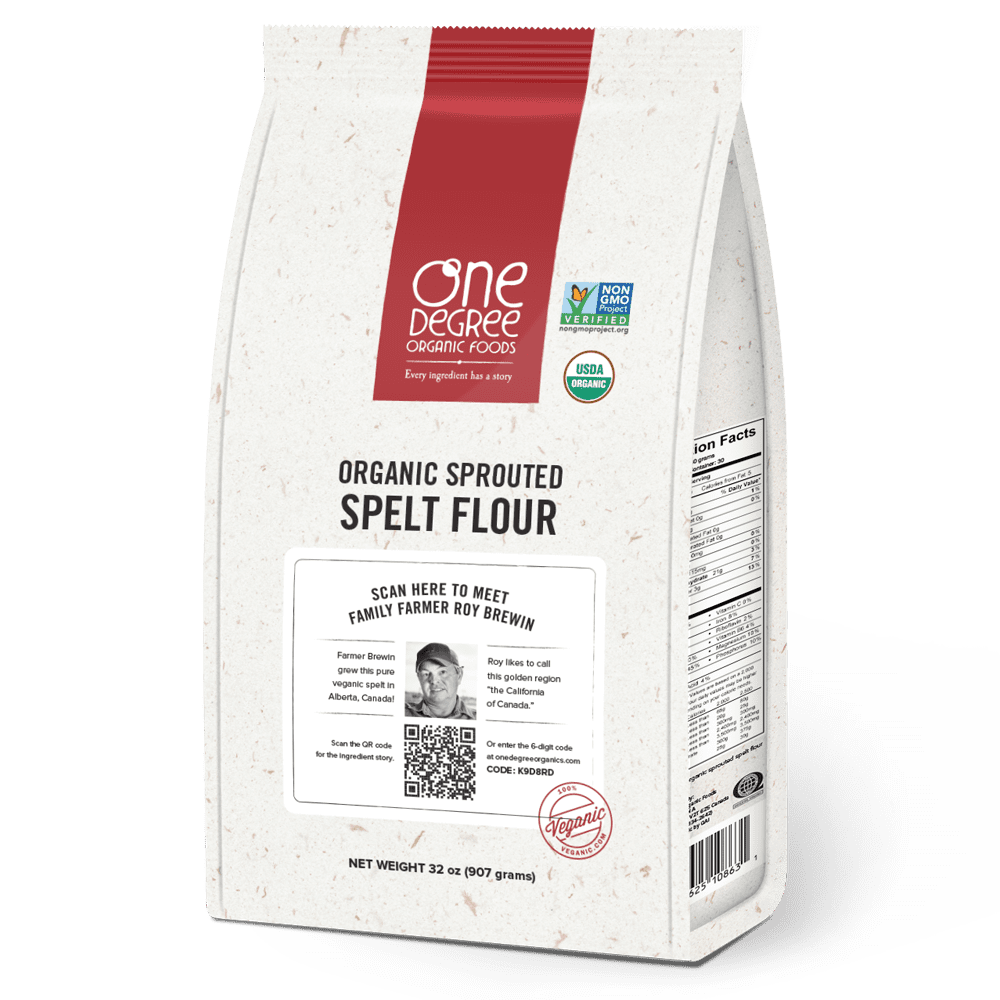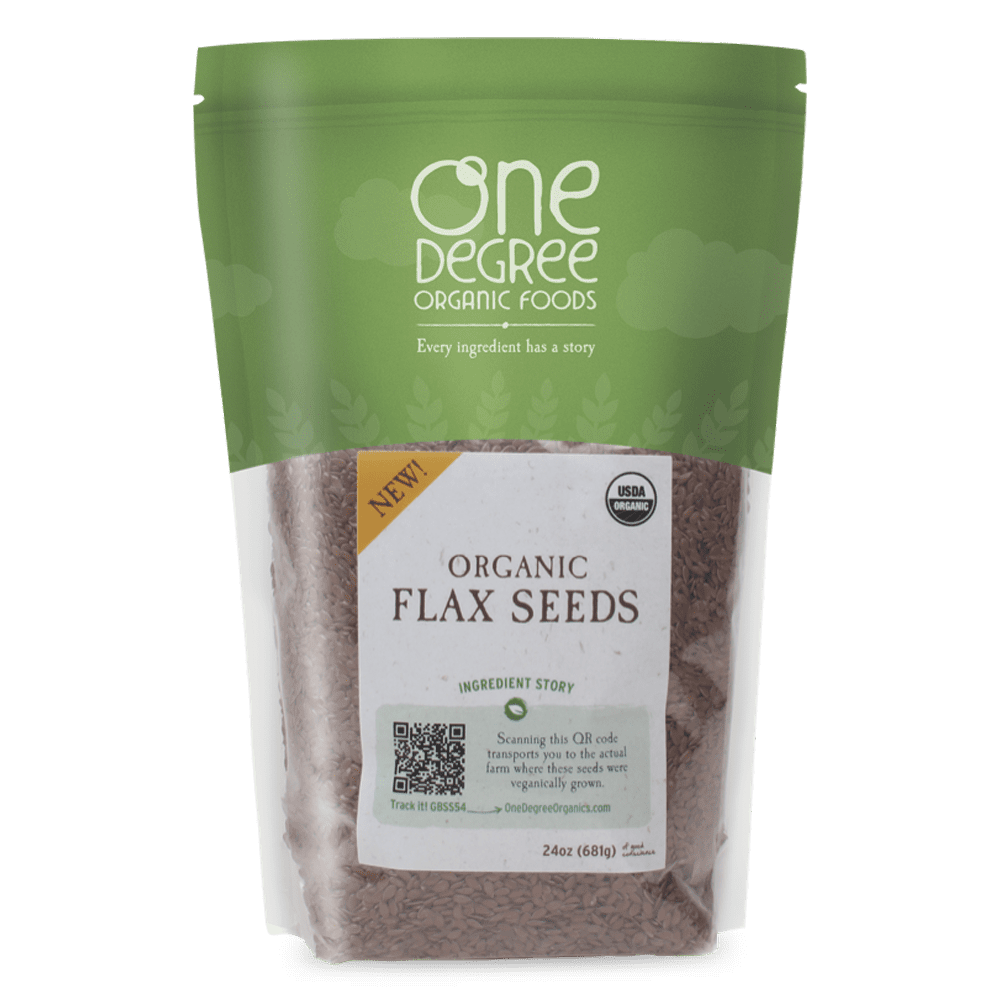Lentils
R&R Balfour Organic Farm
Many organic farmers can trace their abandonment of conventional farming methods to a single moment, a sudden realization that chemicals, compounds and genetic modifcation are not good for either the land or people.
For Bob Balfour, his work as a physical education teacher and his active lifestyle made the change come naturally, almost as an afterthought. “The land is no different than us,” he realized. “It needs to breathe and rest to be sustainable.”
And so for 20 years, Bob has used only organic and veganic techniques on the land he has farmed in southern Saskatchewan. That in turn has led to a wholistic view of the world around him.
“Everything that Mother Nature put here on the earth has a purpose, just like you and I,” he says. “When it comes to Mother Nature, she’ll always tell you what you can and cannot do. You’ve got to be able to work with her instead of trying to manipulate her.”
At 60, Bob is still an active sportsman, competing in an average of 60 hockey games each year. For 18 years he represented Saskatchewan in Canadian waterskiing competitions. His love of sports and respect for the body clearly animate his devotion to chemical-free farming.
“There are three things you need to live: clean food, clean air, clean water. Take any one of those things away, you’re dead. So what are we doing? We’re messing around with our food. In order to produce the food, we’re messing around with the air and water.”
One Degree is using Bob’s rich harvest of lentils for our veganic lentil grain bread. Lentils are extremely high in fiber, making it the perfect food for lowering cholesterol, promoting heart health and preventing spikes in blood sugar. Lentils are also a high energy food, providing a slow-burning power source and high iron content. The iron in lentils helps maintain healthy hemoglobin, while sustaining proper enzyme function and metabolism.
For Bob, the most rewarding part of being a farmer has been the realization by increasing numbers of consumers that organic food is a key part of a healthy lifestyle. Although it costs a bit more, the rich nutritional value of organic foods usually means that the body needs to consume less of it to feel satisfied, he explains.
He knows that pursuing this concept, bringing to market clean food from clean land, puts him in opposition to many powerful trends in the way food is produced and consumed. Consumers have become accustomed to salty high-fat convenience foods that are promoting unhealthy lifestyles around the world. He has a clear perspective on both the problem and the obvious solution: “The healthcare system is a huge cost. It’s your responsibility to put the proper foods in your body.”
Bob’s generous veganic harvests give consumers this choice. His lentils are grown without the use of herbicides or chemicals of any kind. And no animal manure or animal by-products are used to fertilize the fields. Instead, he uses smart farming techniques that include complex crop rotations to build richness in the soil. The natural growth processes of legumes, for example, will transfer carbon from air to soil.
His proven approach to crop rotation begins with planting a heavy cereal, then a wheat or durham, followed up by lentil, then followed up by a pea that is either plowed down or harvested, followed by oat or barley, then a green manure plow-down. The result is soil that is rich enough to provide all the nutrients a plant needs to fight off weeds and insects, and thrive.
“If you’ve got a good healthy crop, the insects aren’t going to hurt you too much. And when you have a good strong fast emerging crop the weeds won’t hurt you as much either.” Healthy veganic plants need just about a four or five day head start on weeds, he says. After that, “the crop will be far enough ahead of the weeds to be competitive.”
Bob also fights weeds with a special tool invented by fellow One Degree farmer Dwayne Woolhouse. The device is essentially a disk with two blades that is pulled through the fields by a tractor. Lentil grows about 12 to 16 inches high, but weeds such as wild oats and mustard soar higher. The disk will chop off anything taller than the lentil, injuring the weeds and preventing them from going to seed. The technique has the added advantage of mulching up the weeds, providing an extra layer of natural fertilizer for the soil.
Together with Dwayne, Bob also runs a modest milling enterprise where he enjoys experimenting with adding a variety plants to flour, including lentils and flax. “It’s not a huge business,” he says. “I believe in keeping things small so people know where the product is coming from.”
As you might expect from a health-conscious sportsman with a deep respect for the land, food and its impact on the health of consumers, Bob loves people and enjoys playing a helpful role in his community. Each week he and his wife Rachelle host a community supper where neighbors feast on a bounty of organic breads and pasta.
Bob also enjoys networking with fellow organic farmers, helping them make a fair living from their crops. “It’s nice working with people who believe in organics,” he says. “I work with farmers to price grain so they’ll be sustainable. It all averages out; you’re going to have good years and bad years.” Without fair pricing, “If they have a hard year, they might not be around the next year.”
By caring about his fellow organic growers, his community, the earth he tills and the many consumers he feeds, Bob defines everything we mean when we say three simple words: One Degree farmer.
— Charlie Dodge
